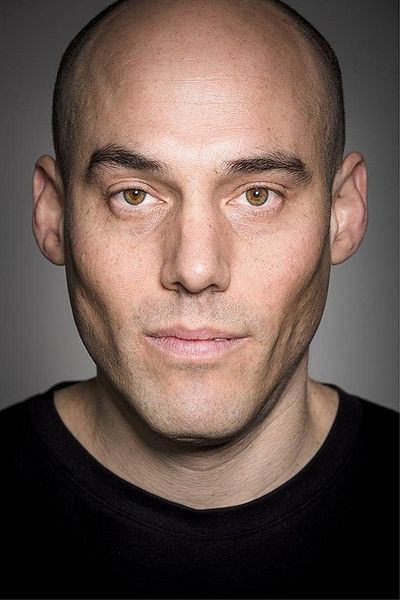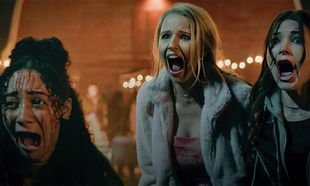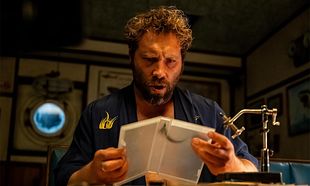A sequel or companion piece to Joshua Oppenheimer’s 2012 documentary The Act of Killing, The Look of Silence might go over the same material and isn’t as visually compelling but is a more personal story.
Oppenheimer here takes a back seat to allow Adi, an optician whose brother Ramli was accused of being a communist and murdered during Indonesia’s great purge of 1965-66, to investigate the moments leading up to his brother’s death. Adi visits former heads of death squads under the guise of eye examinations to probe the killers on their role in the massacres and maybe extract something approaching remorse. He finds either justification or denial from those accused - the running motif of the bifocal lenses symbolise a hope that those responsible might look again, look with different eyes. In delving into the past and "opening the wound" Adi puts himself in real danger.
And it’s this tension that dominates The Look of Silence: What can one do when the terrible crimes are celebrated and those behind the killings remain in power? It’s why Adi can be taken to the riverbank, his brother’s killers operating like tour guides, where Ramli was disemboweled and castrated before being dumped in the river. "No one would buy fish after," an executioner says with glee as they proudly re-enact the massacre and Ramli’s death. They drank the victims’ blood to - unbelievably - stave off madness. They can laugh and joke and talk openly about this because they’re heroes.
What of the generations that have come after? The anti-communist/pro-regime doctrine taught to children in the classroom is Orwellian in propaganda. The Communist is The Bogeyman: "Bad people," "Godless," and "Sleep with each other’s wives." When put to children and adults that this may not be true, it’s like telling them that black is white. If the party says it is not four but five...
As Adi bravely climbs the chain of command from bloodthirsty death squad leaders to the legislator, in power since the coup, he tries to find someone who openly takes a dim view of it all. He even comes up against his uncle, a guard who allowed his imprisoned brother to be taken away to his death. A visit to a family whose late father even wrote a book glorifying his part in the murders is gripping as anything you’ll see on screen this year.
Tough going but thoroughly engrossing. Don’t miss it.












































































